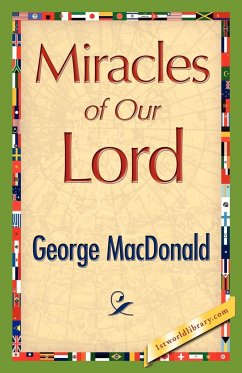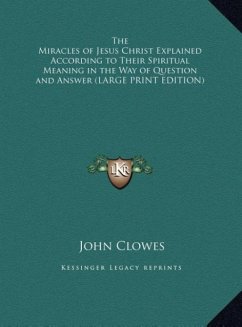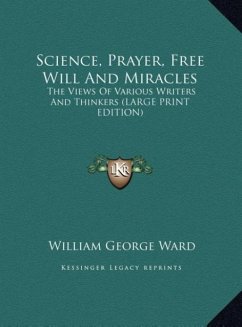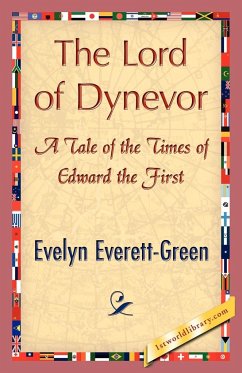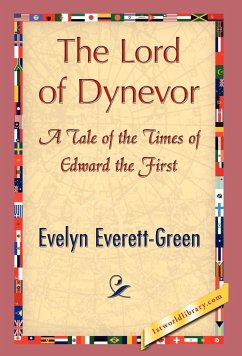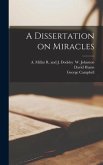I have been requested to write some papers on our Lord's miracles. I venture the attempt in the belief that, seeing they are one of the modes in which his unseen life found expression, we are bound through them to arrive at some knowledge of that life. For he has come, The Word of God, that we may know God: every word of his then, as needful to the knowing of himself, is needful to the knowing of God, and we must understand, as far as we may, every one of his words and every one of his actions, which, with him, were only another form of word. I believe this the immediate end of our creation. And I believe that this will at length result in the unravelling for us of what must now, more or less, appear to every man the knotted and twisted coil of the universe.
Bitte wählen Sie Ihr Anliegen aus.
Rechnungen
Retourenschein anfordern
Bestellstatus
Storno

